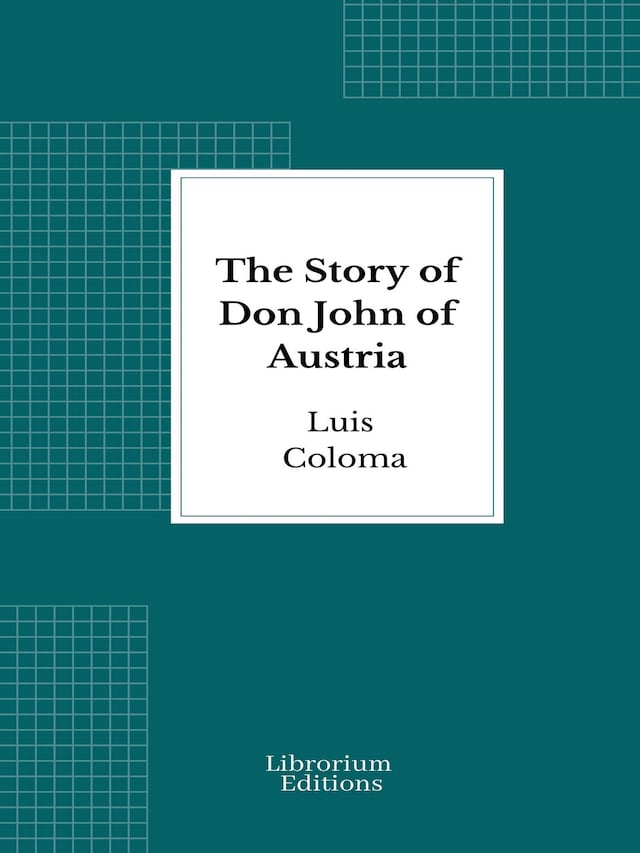
The Story of Don John of Austria
Buchbeschreibung
There was no school in Getafe that afternoon; the sun had stricken down Sancha Apelza, the master's wife, while working on the farm of the Comunero, and she was to receive the last sacraments that night. The children from Leganés were coming back to the village, playing as usual by the way at Moors and Christians. Jeromín always insisted on this, and never would play at Comuneros, or at being Padilla, Adelentado or Bishop Acuña, all recent and popular heroes. He said it was enough for him to be Jeromín and to pretend to cut off the heads of Moors. He entrenched himself in the Canon's well as if it were a castle on a rock, and Pedro Verde defended the orchard of Maricuernos opposite, declaring it to be the Vega of Granada. Jeromín gave the word "Santiago," and from both sides, like bullets from an arquebus, came lumps of soft earth. At this inopportune moment, while the battle was raging along the road from Madrid bordering the orchard of Maricuernos, four mules appeared, harnessed in pairs with long traces to what seemed to be a little wooden house, with two tiny windows and four big wheels. A man was riding the foremost mule on the off side, and another was seated on the roof of the house, guiding the mules with a long stick. Through one of the windows a very fat man with grey moustaches and a pointed beard, could be seen, sitting inside. Four well-armed horsemen and two baggage-mules escorted the unwieldy vehicle. The children were frightened at the sight of this extraordinary machine, such as they had never seen before, but curiosity overcame their fear and they all grouped themselves, very silent, in the orchard of Maricuernos to see it pass closer. The boys' terror increased when they realised that the heavy machine was halting in front of them, and the fat gentleman, putting his head out of window, was asking them very politely whether the Emperor's former guitar-player, Francis Massy, who had married Ana de Medina, a native of the village, still lived there.
 Luis Coloma
Luis Coloma 501 Seiten
501 SeitenFormat:
Sprache:
Englisch